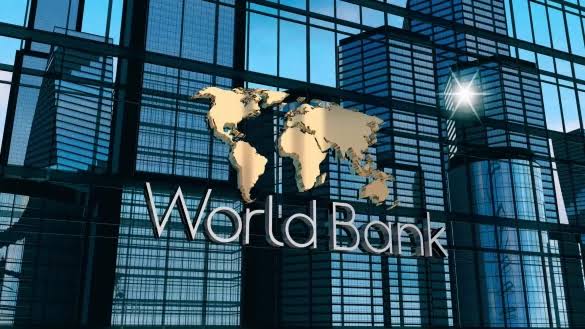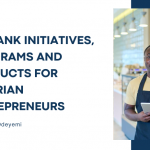The World Bank is set to approve two loans totaling $750 million for Nigeria on Tuesday, September 30, 2025. The funding targets digital infrastructure expansion and health security improvement, with potential benefits for businesses, especially in underserved communities.
According to information on the World Bank’s website, the package includes a $500 million loan for the Building Resilient Digital Infrastructure for Growth in Nigeria (BRIDGE) project and a $250 million loan for the Health Security Programme – Phase II. Both projects are at advanced stages and await board approval.
The BRIDGE project, led by the Federal Ministry of Communications, Innovation and Digital Economy, aims to extend broadband access to unserved and underserved areas. With a total cost of $1.6 billion, the World Bank will provide $500 million in concessional credit, while private investors will fund the rest.
The initiative focuses on building climate-resilient broadband networks to close connectivity gaps. For SMEs, this could unlock new opportunities in e-commerce, logistics, remote work, and digital services.
Communications Minister Dr Bosun Tijani described BRIDGE as one of Nigeria’s most ambitious infrastructure projects. The plan will expand the national broadband network from 35,000 to 125,000 kilometres, with fibre rings linking all geopolitical zones. Implementation will be through a special purpose vehicle involving both government and private sector stakeholders.
The second loan will support Nigeria’s participation in the Health Security Programme – Phase II, coordinated by the Nigeria Centre for Disease Control and Prevention (NCDC). The project aims to strengthen health surveillance and emergency response systems to prevent and manage future outbreaks, helping create a more stable business environment.
Nigeria’s external borrowing from the World Bank has grown steadily, reaching $18.23 billion as of March 2025, representing almost 40 per cent of total external debt. Economists say concessional borrowing can be useful if funds are well managed.
“Borrowing isn’t inherently bad,” said Adewale Abimbola, a Lagos-based economist. “The key is in implementation and accountability.”
For SMEs, the digital infrastructure loan offers significant potential to improve market access, reduce operational barriers, and support innovation across rural and urban areas.










